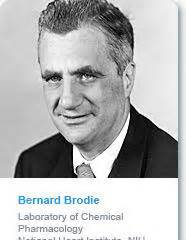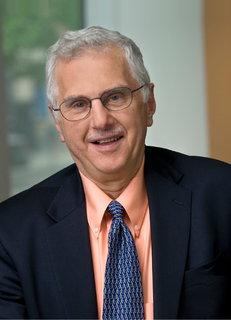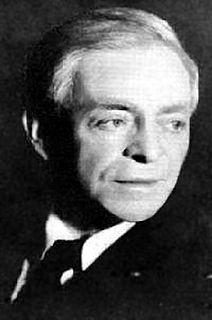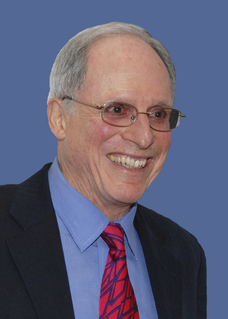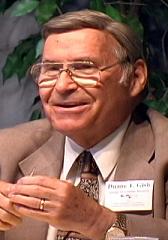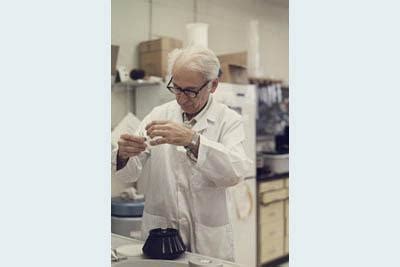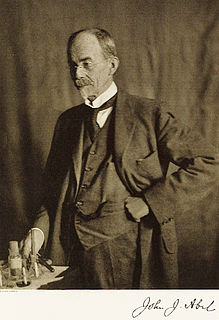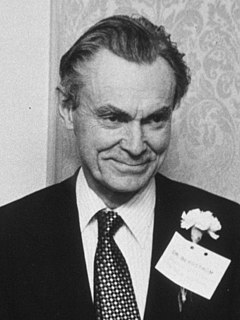A Quote by T. Colin Campbell
No chemical carcinogen is nearly so important in causing human cancer as animal protein.
Related Quotes
Casein [the main protein found in dairy], in fact, is the most 'relevant' chemical carcinogen ever identified; its cancer-producin g effects occur in animals at consumption levels close to normal-striking ly unlike cancer-causing environmental chemicals that are fed to lab animals at a few hundred or even a few thousand times their normal levels of consumption.
Perhaps one of the most important things you can do for human beings is wean them off an animal-based diet. It hardens the arteries and runs up our health-care costs. The last thing a poor person can afford is a heart attack or cancer or a stroke. And that's all linked to a meat-based diet. I think animal liberation is human liberation.
It remains an astonishing, disturbing fact that in America - a nation where nearly every new drug is subjected to rigorous scrutiny as a potential carcinogen, and even the bare hint of a substance's link to cancer ignites a firestorm of public hysteria and media anxiety - one of the most potent and common carcinogens known to humans can be freely bought and sold at every corner store for a few dollars.
At least three studies, in the U.S., Canada and Sweden, have linked glyphosate exposure to the disease, and in 2015, the World Health Organization's International Agency for Research on Cancer found glyphosate to be a 'probable' cause of cancer in humans. California's state environmental protection agency has also declared it a probable carcinogen.











